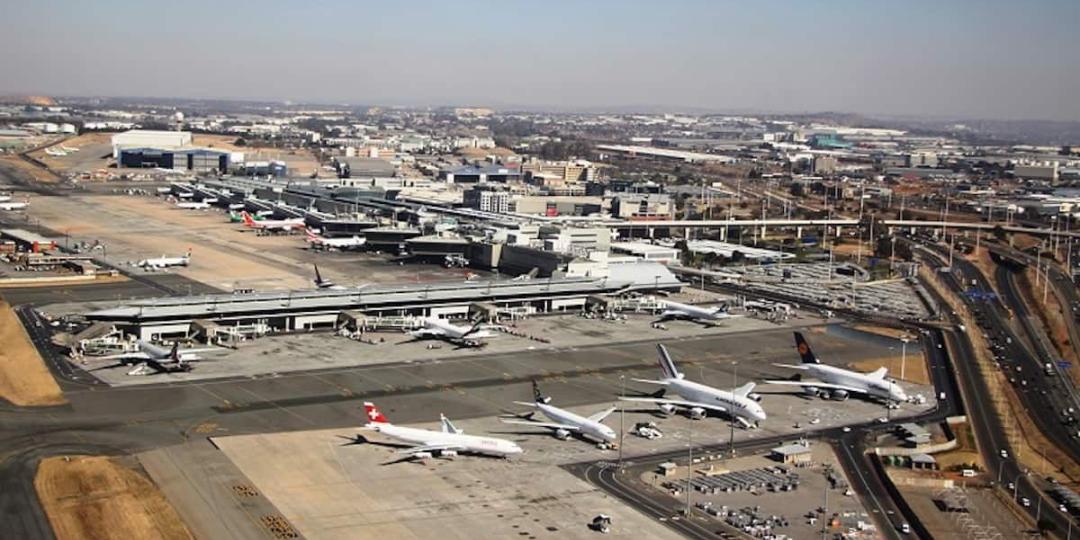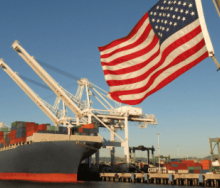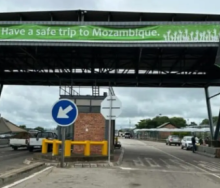The Department of Minerals and Energy, the Airports Company of South Africa (Acsa), and its strategic Fuel Forum partners have assured the public that OR Tambo’s jet fuel supply is now stable.
Acsa said in statement on Monday that it had met with the department, the SA Petroleum Industry Association, the Central Energy Fund, the Board of Airline Representatives of SA, and Transnet Freight Rail and Pipelines to confront the jet fuel supply challenges the airport has been facing.
“The issue at play is the mismatch between supply and demand. This is what the forum has agreed - to remedy the situation through setting up an operations room that will meet weekly until the railway line between KZN and OR Tambo International Airport is fixed,” Acsa said.
Acsa CE Mpumi Mpofu, addressing Jet Fuel partners at the fuel status update meeting in Johannesburg, announced that several interventions had been put in place to ensure more than adequate fuel availability to all airlines at all times.
The airports company has for some time now issued assurances to airlines that the supply of jet fuel at Ortia is stable and sufficient to meet the demand, despite disruptions to the transportation of jet fuel as a result of the recent KwaZulu-Natal floods. Railway infrastructure damage led multiple fuel suppliers to declare a force majeure.
Mpofu said that while overall stock levels were stable, some suppliers who had been impacted by the declared force majeure were still unable to acquire the quantities of jet fuel they needed. Airlines do not use the same fuel supplier, and as a result not all are equally impacted.
Some airlines took a decision to cancel flights, make technical or tankering stops in Durban and even Windhoek, while at least two international airlines took drastic measures and cancelled flights.
Acsa said the Department of Minerals and Energy and the Central Energy Fund (CEF) were responsible for invoking legislative instruments to ensure energy security. Both are working on providing approximately 1.5 million litres of jet fuel in the event that the mismatch between supply and demand is not mitigated.
“As a Plan B, the CEF confirms it will issue directives to airlines for a jet fuel swap. The approved plan brokered with the CEF comprises two elements: amending the legislative instruments available to match demand and supply, and to institute emergency supplement of supply. The plan constitutes an emergency supply and medium-term plan to deal with disasters and security of supply,” Acsa said.
Under ordinary circumstances suppliers are required to maintain a certain level of stock with Acsa in terms of their agreement, and if they fail to meet these obligations financial penalties are imposed. However, the force majeure prevented Acsa from activating this remedy.
“The emergency supply will help to mitigate this situation,” Acsa said.
Transnet Freight Rail (TFR) said the situation was likely to be 100% resolved by October 30 this year when both rail lines will be up and running from Durban.
“In the meantime, 50% of the rail line will be restored and repaired by June 9, meaning that at least 50% of normal rail capacity from the coast will be restored. In conclusion Acsa CEO announced that a consignment of jet fuel by ship has arrived at the Durban port and is being pumped into the National Petroleum Refiners South Africa refinery today (May 9),” Acsa said.













